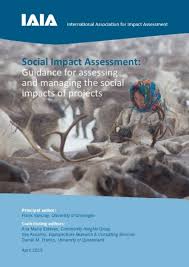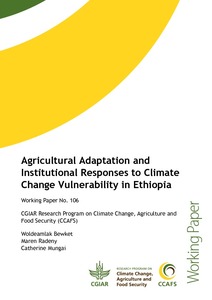Former Yugoslav Republic of Macedonia
This country note for Macedonia is part
of a series of country briefs that summarize information
relevant to climate change and agriculture for four pilot
countries in the Europe and Central Asia (ECA) Region, with
a particular focus on climate and crop projections,
adaptation options, policy development and institutional
involvement. The note series has been developed to provide a
baseline of knowledge on climate change and agriculture for








